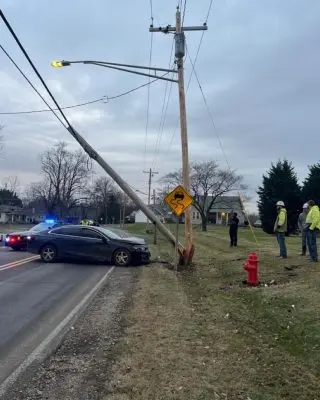(NETWORK INDIANA) Budget negotiators have a deal on a new two-year spending plan, with a final vote planned for Wednesday.
Schools would get a nearly 800-million-dollar increase over two years. The five-percent boost is a hair more than what the Senate had proposed.
Legislative leaders took the unusual step of announcing details alongside Governor Holcomb and the leaders of several Indiana superintendents and school administration groups. Denny Costerison with the Indiana Association of School Business Officials says they’re happy to endorse it — he says it meets all of a list of 10 key points the groups laid down before the start of the session in January as critical to winning their support.
The bill increases funding for school safety and teacher merit pay, and calls for a study of Indiana’s “complexity index,” the formula which increases individual schools’ funding beyond what they’d receive for enrollment alone, based on measures of the number of low-income students.
One piece of school spending is not included: pay raises for teachers. The budget adopts Holcomb’s proposal to pay down local pension liabilities to free up 70-million dollars a year for teacher pay, but local school boards can spend the windfall — and the rest of their funding — any way they choose. A separate bill encourages school districts to spend at least 85-percent of their budget in the classroom, but again doesn’t require it. Democrats say negotiators should have funded raises directly.
Senate Minority Leader Tim Lanane (D-Anderson) and Portage Senator Karen Tallian, Democrats’ top budget negotiator, also criticize Republicans for stripping several Democratic priorities they’d added to the Senate version of the budget, including subsidies for foster families, anti-erosion measures on Lake Michigan, and the state’s foreclosure prevention program.
Negotiators dialed back the 572-million-dollar budget boost Holcomb had requested for the Department of Child Services by 70-million. House Speaker Brian Bosma says D-C-S caseloads have begun declining, and says legislators are hopeful the full request won’t be needed. Negotiators killed a Senate proposal to let D-C-S dip into gasoline sales taxes if they need more — the agency could add up to 25-million from the state’s overall reserves if necessary.
The budget requires Indiana health insurers to continue to cover preexisting conditions, regardless of what happens to the federal health care law.
The state would end the two years with about two-billion dollars in reserve, just under 12-percent of the total budget.











